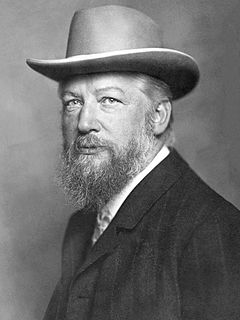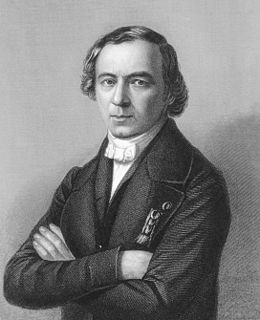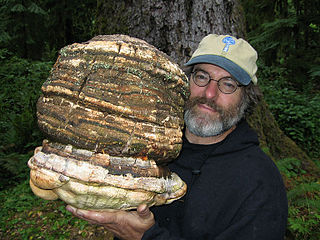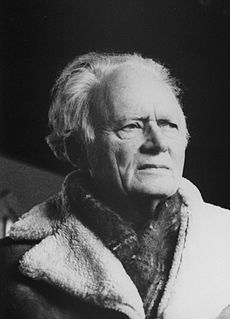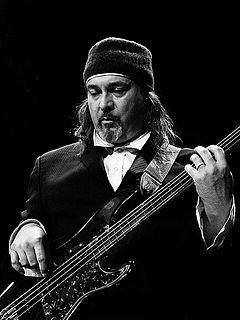A Quote by Wilhelm Ostwald
In the first quarter of the nineteenth century the experimental proof for the interdependence of the composition and properties of chemical compounds resulted in the theory that they are mutually related, so that like composition governs like properties, and conversely.
Related Quotes
The chemical compounds are comparable to a system of planets in that the atoms are held together by chemical affinity. They may be more or less numerous, simple or complex in composition, and in the constitution of the materials, they play the same role as Mars and Venus do in our planetary system, or the compound members such as our earth with its moon, or Jupiter with its satellites... If in such a system a particle is replaced by one of different character, the equilibrium can persist, and then the new compound will exhibit properties similar to those shown by the original substance.
Architects and urbanists are fascinated with cities that are shrinking, like the Rust Belt cities. Or, alternatively, we are fascinated with the growth of favelas and informal settlements. The 2008 financial crisis made these changes more extreme. The subtraction protocols rehearse a way of thinking about multiple properties in counterbalancing interdependence - not just the shaping of one property but the ratcheting interplay between properties.
The importance of group theory was emphasized very recently when some physicists using group theory predicted the existence of a particle that had never been observed before, and described the properties it should have. Later experiments proved that this particle really exists and has those properties.
I think the most important work that is going on has to do with the search for very general and abstract features of what is sometimes called universal grammar: general properties of language that reflect a kind of biological necessity rather than logical necessity; that is, properties of language that are not logically necessary for such a system but which are essential invariant properties of human language and are known without learning. We know these properties but we don't learn them. We simply use our knowledge of these properties as the basis for learning.
I think everything's experimental whether you like it or not. I think that people who do generic pop are experimenting with cliches. It's no less than I am experimenting with noise or unknown music - until you say, 'This is my song, or this is my composition' - it's all experimental, whether you like it or not.
The best and safest way of philosophising seems to be, first to enquire diligently into the properties of things, and to establish those properties by experiences [experiments] and then to proceed slowly to hypotheses for the explanation of them. For hypotheses should be employed only in explaining the properties of things, but not assumed in determining them; unless so far as they may furnish experiments.
Composition is a side issue. Its role in my selection of photographs is a negative one at best. By which I mean that the fascination of a photograph is not in its eccentric composition but in what it has to say: its information content. And, on the other hand, composition always also has its own fortuitous rightness.
